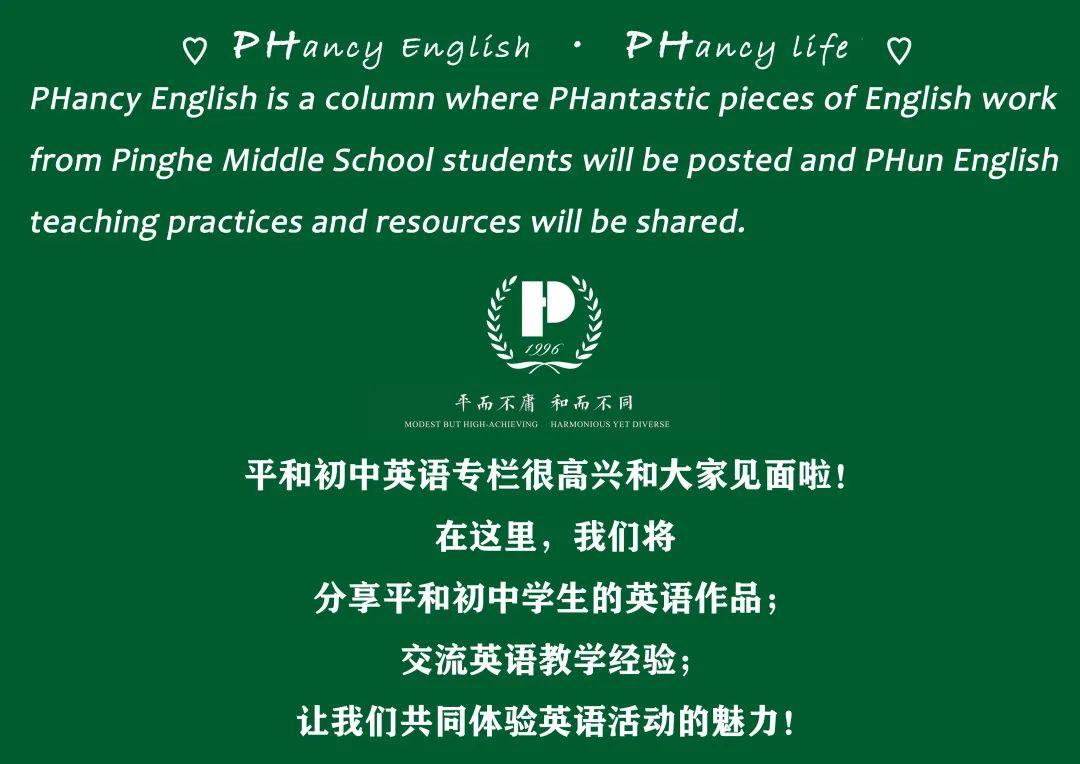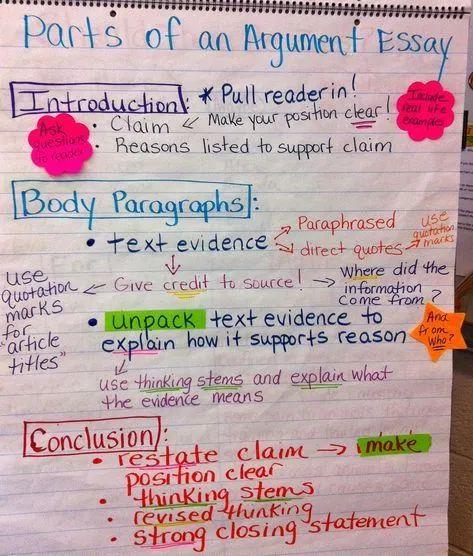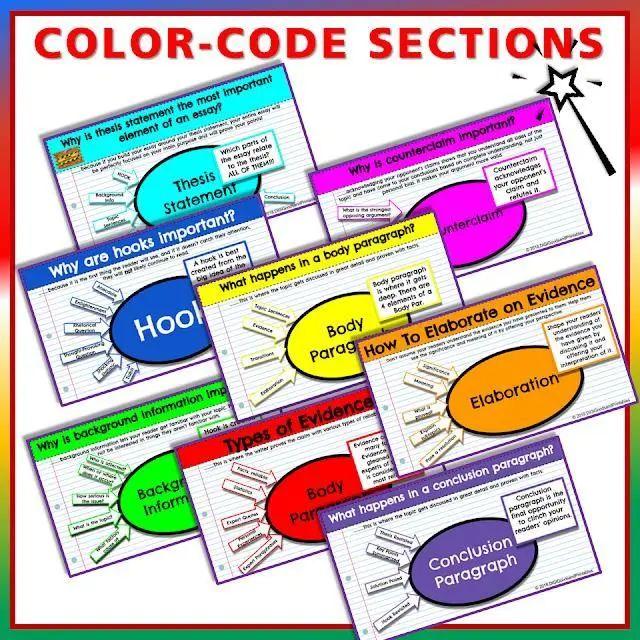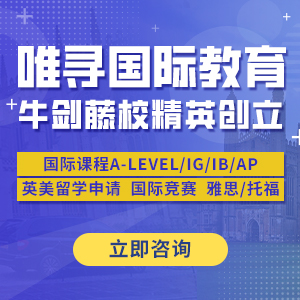

First, mix ground beef and onions in a bowl just until they are combined. Gently shape the mixture into patties and season the outside of the burger patties with salt & pepper to taste. Next, cook the burger patties for about 4-6 minutes per side. Then select the toppings you would like. Finally, put everything onto the bottom bun and finish with the top bun. A juicy, tender, cheese topped hamburger that you could sink your teeth into is presented in front of your nose. What if, at this toothsome moment, your English teacher tells you that your homework today is to write an English argumentative essay? OH NOOOO…
There must be a connection between burgers and essays. Why not combine the two and construct a yummy hamburger essay?

The Top Bun:
Paragraph One-Introduction
-Hook: how can you draw your readers in
-Transition: how to reach your main points
-Claim: what is the main point of your essay
Lettuce:
Paragraph Two-Your first argument to support your claim
-Topic sentence to introduce the argument
-Evidence (reasons, examples, facts, statistics, quotation)
-Concluding sentence leading to the next argument
Tomato:
Paragraph Three - Your second argument to support your claim
-Topic sentence to introduce the argument
-Evidence (reasons, examples, facts, statistics, quotation)
-Concluding sentence which reasserts how topic sentence helps better prove your claim
Burger:
Paragraph Four-Counterargument
-Topic sentence to present the counterargument (possible argument your readers might form against your argument)
-Evidence(reasons, examples, facts, statistics, quotation) to refute the counterargument
-Concluding the paragraph with a clincher to reassert your claim
Bottom Bun:
Paragraph Five-Conclusion (The climax of your paper)
-Restate your claim
-Summarize arguments
-Call to action and offer a solution
-Concluding statement
-Finish with a bang

Well, people’s plates vary from person to person, so their “burgers” might be constructed differently. For example, you might want to add extra toppings such as cucumbers, cabbage etc to make your “burger” more suitable to your tastes. This translates into an individual’s argumentative essay writing too, for example more paragraphs containing different arguments that support your claim can be added before the counterargument. “Burger” done? Wait. Still not time to gulf it down yet. Double check it and prepare to convince me why your burger is better than any other. Have you well developed your main point, supported it with evidence and hooked me into your claim? Yeah, our Grade 8 students invite you to sink your teeth into their juicy cheeseburger argumentative essays.

Our Super Chef Ms. Kinsey Wang from Grade 8 Class 2 would like to share with you some of her "cooking" tips.
8(2)班 汪子荟 Kinsey
Standardized Testing—The Educational Fraud
You see a girl rushing an essay. Loads of paperwork stacked upon. A cry from the heart grew louder and louder, deafening your ears. You want to find out who she is, but the more you look, the more you realize that she could be anyone around you. Standardized testing has recently become a very important part of the world’s educational system, particularly for the enrollments of universities and some high schools in the more developed countries. Students spend on average 25 hours on testing per year. The government has also been paying lots of effort onto these tests, by spending a total of 1.7 billion dollars each year on it, which is about 0.3% of total public spending on schools. However, after all the money and resources devoted into the tests, they are not as beneficial as they seem to be.
Unlike other tests, standardized tests are unfair against second language students and students with special needs, while not being objective. “Special education students take the same tests as other children, receiving few of the accommodations usually provided to them as part of their Individualized Education Plans” A study published by the Brookings Institution found that 50-80% of year-over-year test score improvements were temporary and "caused by fluctuations that had nothing to do with long-term changes in learning..."
Students from different countries have to take the same tests as native speakers, having their marks measured at the same standard. Can it still be called standard when students are at very different levels? When a foreign student gets pressured to take part in a preparation for a standardized test difficult to him or her, they will be overwhelmed by the previous exam papers. Their mindsets will be altered to fit the exam, formulas of question answering are also going to be taught so that they possess all these techniques. All there is left to be tested is their actual ability, which all these above imparted into their brains could perfectly conceal the loopholes in their knowledge. In the meantime, luck could also extremely affect their results.
Undoubtedly, another reason why standardized test is not beneficial is because of all the stress it puts on students. According to education researcher Gregory J. Cizek, anecdotes abound "illustrating how testing... produces gripping anxiety in even the brightest students, and makes young children vomit or cry, or both. "In fact, according to the report published in 2013 by the American Federation of Teachers (AFT), students in heavily tested grades can spend over 110 hours per year doing test prep, and as many as 50 hours per year taking the tests themselves, a total of roughly 15 percent of their instructional time.
Similarly, standardized assessment can fuel unhealthy competition. The worst effects of My School can be seen in schools abandoned by students and families who can afford to go elsewhere. The worst effects of N.A.P.L.A.N., which stands for National Assessment Program – Literacy and Numeracy, can be seen in students placed under pressure to gain the score they need to get into a selective school, or top- stream class. With the growing expectations on kids from parents and teachers, adding on with increasing pressure coming from the society, students’ childhood is being replaced by thickened text books and endless report cards. Subsequently, mental sickness follows. Not every child can handle such stress, the comparisons with other kids make it worse. They deserve better. The society won’t need a generation lacking life experiences, leaving them unprepared for adult life, in replacement of healthy lives that knows more than just how to answer questions.
Most importantly, standardized testing has not improved student achievement. After No Child Left Behind (NCLB),a law that requires all schools that receiving funds must inform parents of their right to ask schools about the qualifications of their child’s teachers ,passed in 2002, the US slipped from 18th in the world in math on the Program for International Student Assessment (PISA) to 31st place in 2009, with a similar drop in science and no change in reading. A May 26, 2011, National Research Council report found no evidence test-based incentive programs are working: "Despite using them for several decades, policymakers and educators do not yet know how to use test-based incentives to consistently generate positive effects on achievement and to improve education." The schools that have been forced to devote the most time to test prep are those in the most disadvantaged communities, because they have to achieve the biggest increases in test scores under NCBL’s (No Child Left Behind) mandates. This increased focus on test preparation has had a profoundly negative impact on the quality of education many students receive. Randi Weingarten, the president of the American Federation of Teachers, the second-largest teachers union in America, said in an interview with the HPR (High Peak Rate). Interesting to know, after all the work devoted into the tests, no actual improvements are shown. Looking at this from a broader view, it adds little value to the educational system. Comparing it with all the damage it could cause to a child’s life, we can simply conclude it not being worth it at all.
You might say, although testing may be stressful for some students, it is still a normal and expected way of assessing what students have learned. However, On Mar. 14, 2002, the Sacramento Bee reported that "test-related jitters, especially among young students, are so common that the Stanford-9 exam comes with instructions on what to do with a test booklet in case a student vomits on it." It is not the test itself that causes all the stress but the preparation that took way too much of the child’s time for recreation and fun. For some native learners, the tests are taught in class and should be assessed, however, to foreign students, they would have to take part in both their country’s standardized tests and the other country, which adds up a lot more stress, thus it is not a normal process to everyone, and does not assess what everyone has learned since, not everyone take part in the exact same class, and some foreign students take part in the test before they master it.
You might also think, that standardized tests are non-discriminatory because they ensure the content is equivalent for all students. A paper published in the Fall 2002 edition of the peer-reviewed Journal of Human Resources stated that scores vary due to subjective decisions made during test design and administration: "Simply changing the relative weight of algebra and geometry in NAEP (the National Assessment of Educational Progress) altered the gap between black and white students.” Similarly, as mentioned before, there are always left-out circumstances, foreign students might also get this kind of unfair treatment.
To summarize, standardized does no good to the world’s scholastic performance, nor does make our generation more advanced. Researcher Kyung-Hee Kim stated :"If we neglect creative students in school because of the structure and the testing movement... then they become underachievers." Standardized testing might lead the future generation into a creativity crisis, which directly effects how much more progress the human species can explore. Given all of these problems with standardized testing, it seems that the civil rights issue is too much testing, not too little. What we should do instead is to design projects, or to create level tests to take off some pressure from the children. We could also decrease class sizes, and make segregated tests, all work that could actually make a difference for every student. No longer having to see kids desperately stuck indoors, no more cries you may hear, what a desirable world that shall be!
Work’s Cited Page
1. Daniel M. Koretz, “Limitations in the Use of Achievement Tests as Measures of Educators’ Productivity,” Journal of Human Resources, Fall 2002
2. Dolores McCracken,
Less time on standardized tests benefits students
http://www.mcall.com/opinion/yourview/mc-standardized-tests-requirements- mccracken-yv--20170904-story.html
3. Erin Zagursky, “Smart? Yes. Creative? Not So Much,” wm.edu, Feb. 3, 201112,
http://harvardpolitics.com/united-states/case-standardized-testing/
4. Gregory J. Cizek, “Unintended Consequences of High Stakes Testing – P-12,” Educational Measurement: Issues and Practice, Sep. 2001
5. http://www.columbian.com/news/2018/jan/22/in-our-view-tests-serve-crucial-role/
6. http://harvardpolitics.com/united-states/case-standardized-testing/
7. http://www.nhvweb.net/index.php/title-1-nclb/
8, Lynn Olson, “Study Questions Reliability of Single-Year Test-Score Gains,” Education Week, May 23, 2001
9. www.wgu.edu
10. Susan Ohanian “Collateral Vomitage”
susanohanian.org, Mar. 14, 2002
11.Tim Walker, “PISA 2009: U.S. Students in the Middle of the Pack”
8(4)班 徐嘉蔚 Joy
Your Advanced Weapon——Money
Money trees are treasures in myths that can give you infinite wealth, nevertheless you can turn the imagination of this superpower into an ability that truly exist. In reality, millions of people are on their adventure pursuing their own “money tree” in reality. Unfortunately, most people are likely to end up with an unfulfilled ambition, since they are not given significant education about how to manage money properly according to their own situation. (eg. individual bankruptcy, borrow money from applications by using others’ credit, or unable to pay their loan). However, it’s a pleasure to see this kind of news reducing gradually, even college students start to have correct cognition of financials. According to an investigation report of Zhejiang University in 2015, more than 35 percent of 25 million college students have tried to manage money on the internet and have successfully harvested a lot. (Students of Zhejiang University earned $11million, Beijing University—$ 8 million, Shanghai Jiao Tong University—$ 6 million). Obviously, to impart students the basic financial knowledge and skills has already been an essential part of university education. Likewise, for parents, the first step to do is to give your kids freedom to manage money.
First and foremost, it is the most obvious reason that managing money help kids to face the society independently. Kids would like to buy something alone if they own money, since they always enjoy the freedom of shopping by themselves. If nobody accompanies them, they have to learn the skills of buying and paying independently, or even bargaining. In fact, besides the aspect of managing money, there are infinite skills and knowledge that deserve them to explore. It is only a beginning stage to give them a sense of self-studying. Please remember, your life is long, and most of the time you need to walk independently.
Money, which is an appropriate teacher for kids, also teach them to take responsibility for their choice. At first, kids often buy the things they like immediately when they own money. However, they can’t buy other valuable things if they waste too much money on something they don’t actually need. The best way to educate a kid is to let him reflect on himself. Using reflection, kids can begin to learn from their experiences and develop the skills needed to think before purchasing in the future. If their reflection is unsuccessful, they will again suffer the negative consequences.
Last but not least, for older teenagers who are going to contact the complex society, it enables them to learn to manage the finance they own properly. When teenagers accumulate enough money, they should take some action to appreciate their money. At this stage, they consider how to accumulate, save, and protect their finance. In order to do this, teenagers need some basic knowledge about insurance and investment. Hence, this makes them start to contact the financial market which is very useful for their future career.
On the other hand, some opposite opinions suggest that giving money to children can lead to a mentality of keeping up with the joneses. They would use money to achieve a present and brief glory. Nonetheless, under parents’ education, it is an opportunity that enable kids to learn more. For instance, in order to avoid this, kids understand to pursue a spiritual life instead of a material one; read more books so that you won’t be narrow-minded; learn to be satisfied with what you have already owned… In addition, comparing yourself with others may motivate you to work harder.
Furthermore, kids’ spending pocket money on something non-essential (eg. games and junk food) might be the most serious problem. Therefore, parents need to institute different rules for kids at different ages. For primary school students, they can’t be given too much money, since they can’t control themselves easily from the things they love. In contract, college students have stronger self-control, and indeed they need more money to support their life.
To sum up, if you don’t expect you kids to lose on the starting line, let them manage money by themself. Every kid has their privacy, parents should gave them enough freedom. Although kids are different, please believe your kid can find his own money tree in the end.
Cited pages:
1. (Internet) From a writer in Jianshu. “It’ s good to give your children pocket money” jianshu.com
N.p. 8. Jan. 2019 jianshu 19. April. 2020.
2. (Internet) “Financing” baike.baidu.com
N.p. n.d. baike baidu 19. April. 2020.
3. (Book) David W. Bianchi (translated by Lizi Xu) BLUE CHIP KIDS
China Beijing Zhongxin publisher.
4. (Internet) “How to control the mentality of keeping up with the joneses” jingyan.baidu.com
N.p. 18. July. 2016 baidu experience 30. April. 2020


平和教育集团

上海民办
光华中学

上海筑桥
实验小学

上海青浦平和
双语学校










 沪公网安备 31010502004453号
沪公网安备 31010502004453号





 成功提交后我们将尽快与您联系,请注意来电!
成功提交后我们将尽快与您联系,请注意来电!







 成功提交后我们将尽快与您联系,请注意来电!
成功提交后我们将尽快与您联系,请注意来电!


